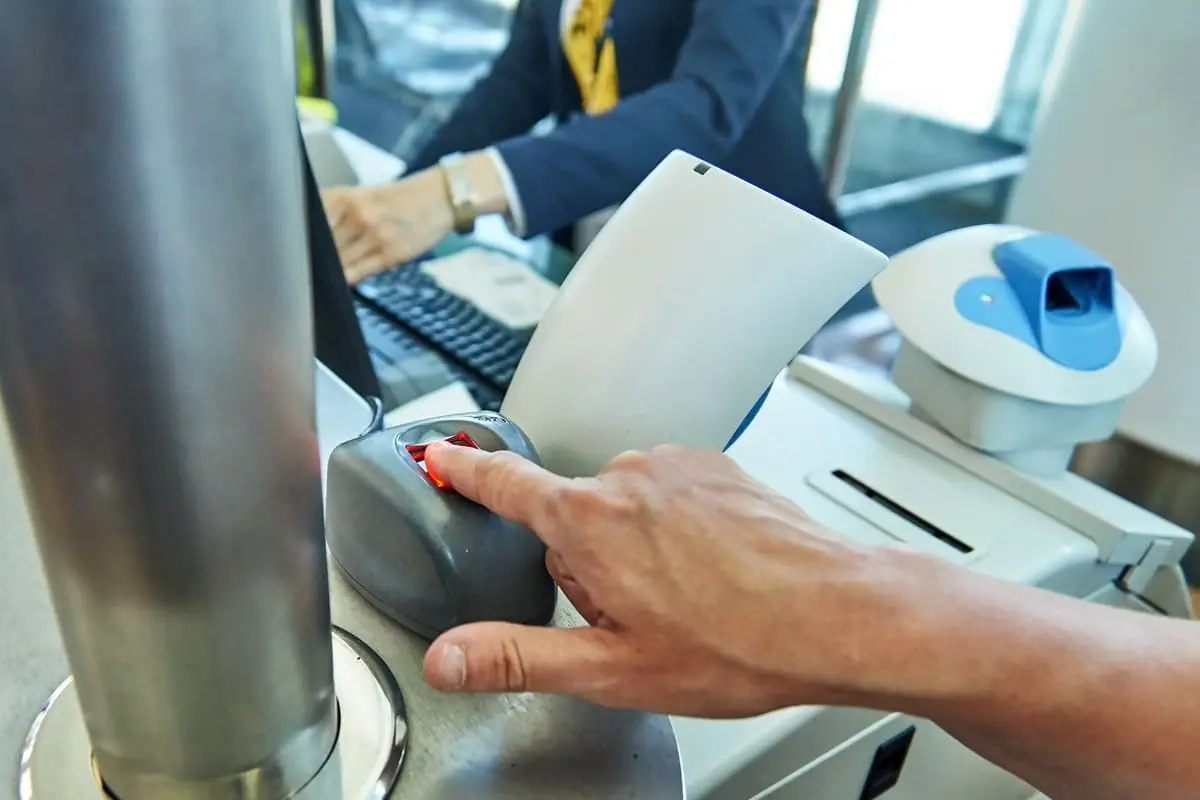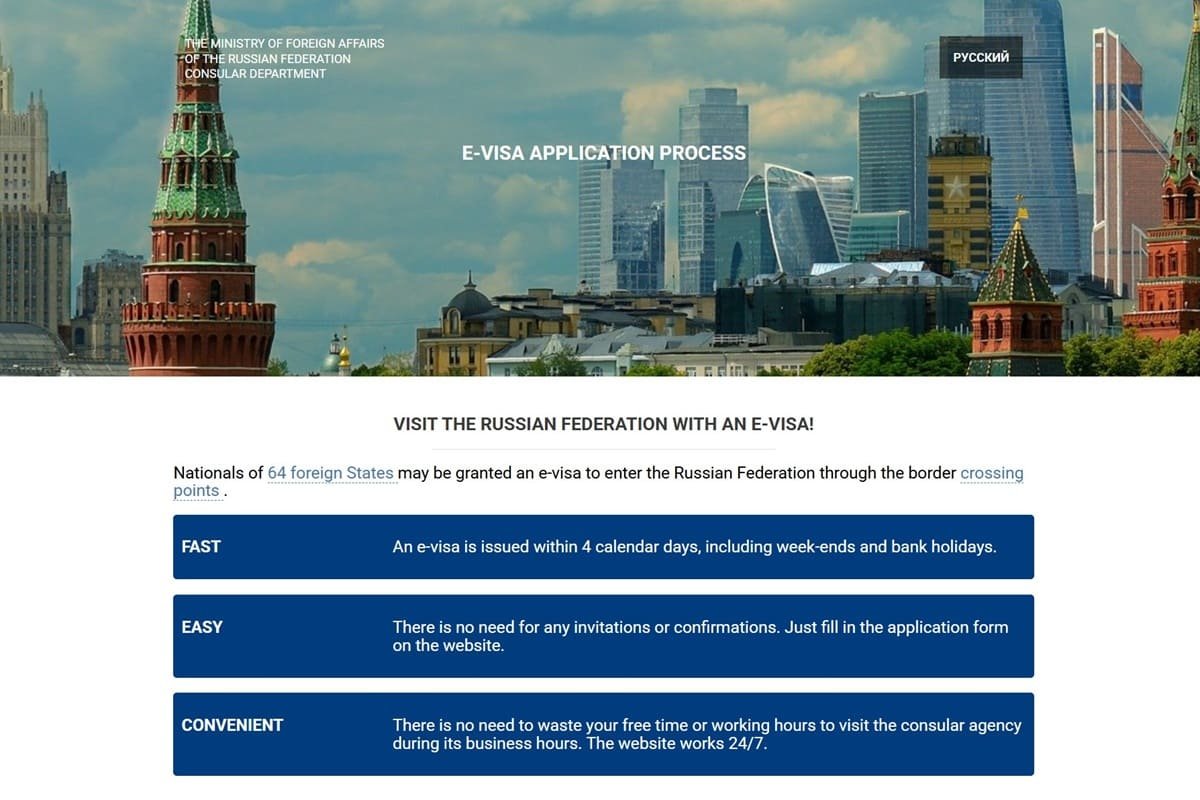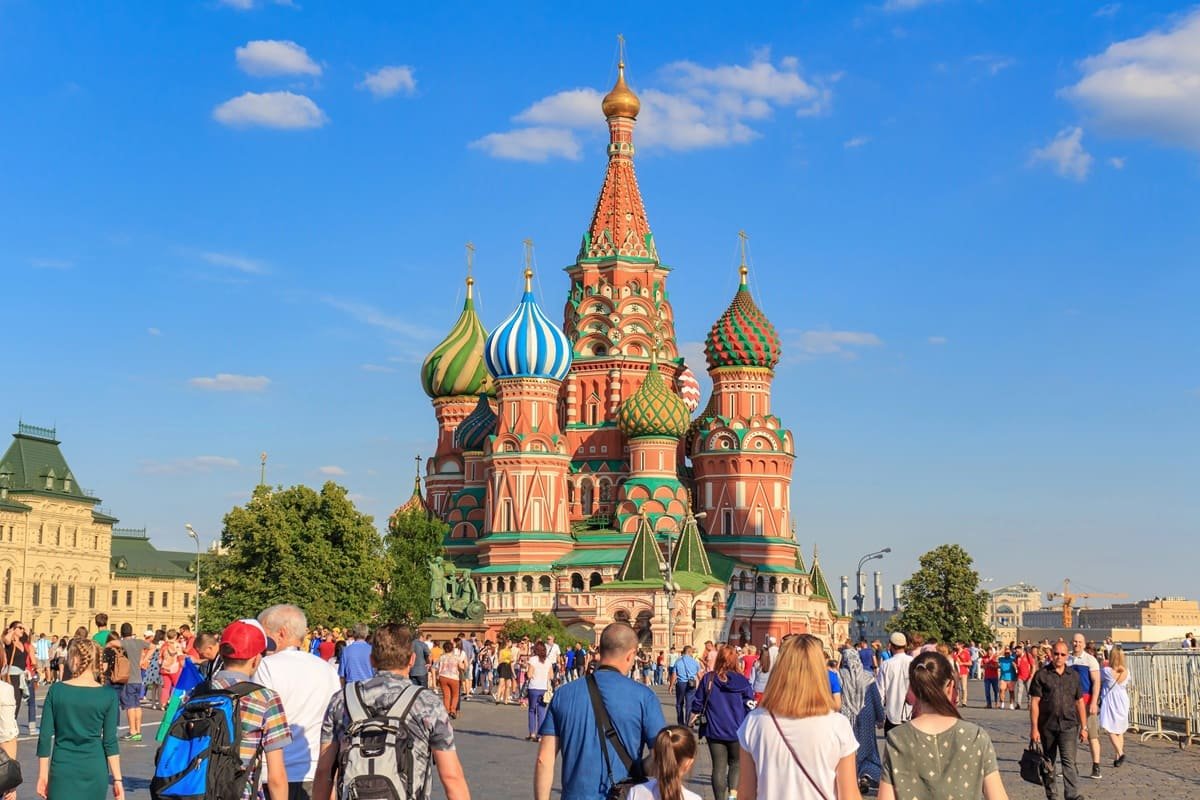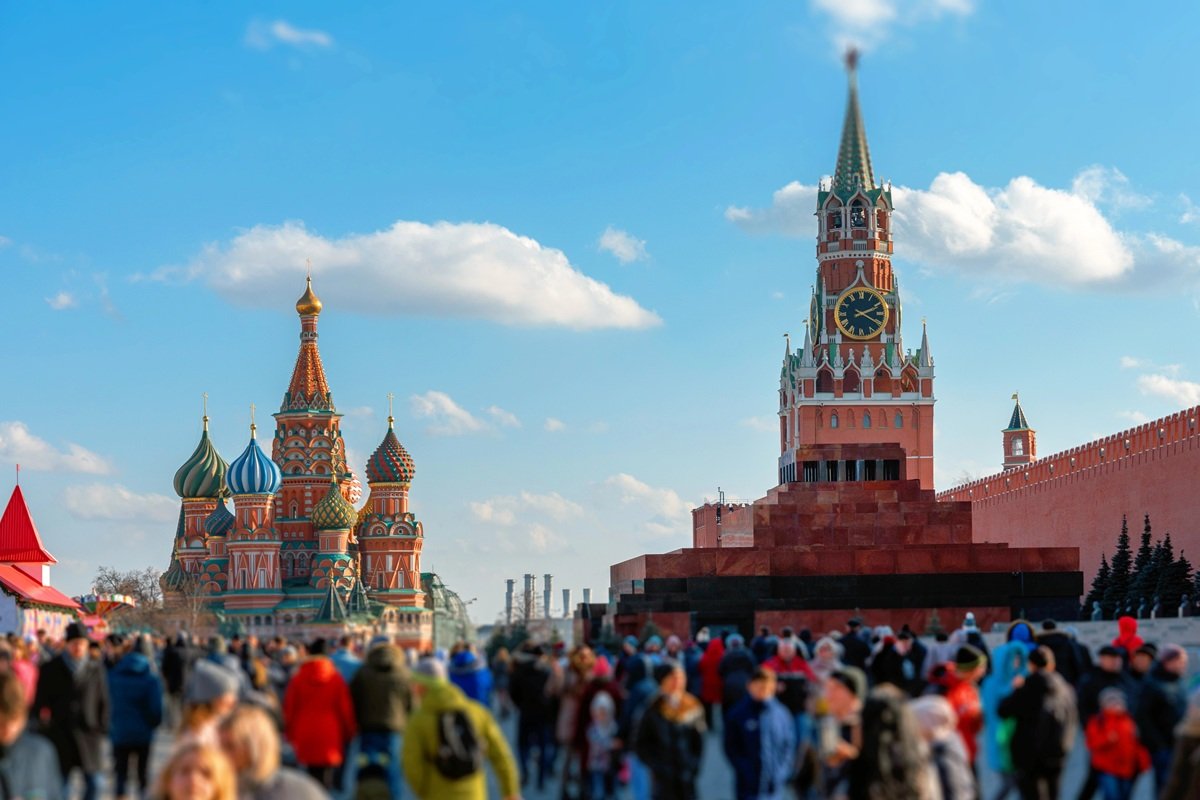From December 1, Russia will collect biometric data of its international visitors at Moscow airports.
Starting from 1 December 2024, Russia will begin an experimental phase of biometric data collection from foreign nationals and stateless persons entering its territory.
This initiative, scheduled to run until June 30, 2026, will initially be implemented at Moscow’s main airports (Sheremetyevo, Domodedovo, Vnukovo and Zhukovsky) and at the Mashtakovo border crossing in the Orenburg region.
According to the decree signed by Russian Prime Minister Mikhail Mishoustin and published on the official legal information portal, the travelers concerned will be required to provide a facial image and fingerprints during border control. This measure is intended to strengthen national security and improve the management of migratory flows.
From June 30, 2025, the experiment should be extended to all checkpoints in the country, and foreigners benefiting from Russia’s visa waiver regime will be able to submit their biometric data and information in advance via a dedicated mobile app.
If the experiment is conclusive, “these rules will remain in force continuously”
Certain categories of people will be exempt from this requirement, including citizens of Belarus, children under the age of six, diplomatic and consular personnel accredited in Russia, as well as officials of recognized international organizations and their families.
The Russian government has instructed the Ministry of Digital Development, Communications and Media to publish explanatory information on the new procedure in several languages, including Arabic, Chinese, English, French, Kazakh, Kyrgyz, Spanish, Tajik and Uzbek. This information will be available on the national public services portal, to ensure clear, accessible communication for international travellers.
“Such requirements have been in place for many years, for example when obtaining Schengen visas. Additional information on incoming travelers helps countries to increase their level of security,” explains the Ministry’s press service, according to the Russian news agency TASS.
“If the experiment is considered successful, these rules will remain in force continuously,” says the Ministry of Digital Development.
This initiative is part of a growing global trend towards the adoption of biometric technologies for border control, aimed at enhancing security while facilitating entry and exit procedures for travelers.







